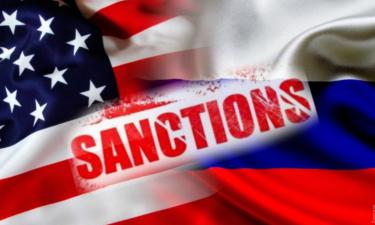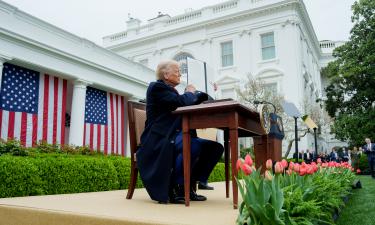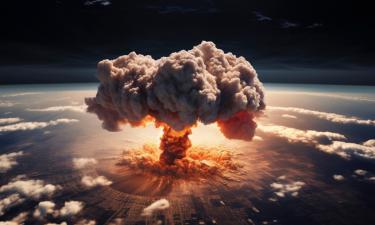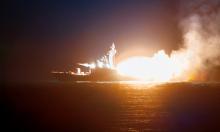Russia: The Day of People's Unity
Debates around the celebrations on the occasion of the Day of the People's Unity on November 4 continue in spite of the fact that this new holiday is called to unite society.
Those who debate however are not broad masses - even the voice of the communists is hardly heard - but experts and publicists who traditionally claim to be the best spokesmen for the popular sentiments.
Some say the difference between the old and the new calendars amounted to 10 days back in 1612, which means that the anniversary of the liberation of the Kremlin should be marked on November 1. Perhaps they do not really know that the difference between the Julian and Gregorian calendars is gradually increasing. Others maintain that the 4th of November is the Orthodox Feast of Our Lady of Kazan, and it means that the Buddhist and the Catholics may be offended. They tend to forget that this religious holiday has been established by the Orthodox Church precisely for the purpose of commemorating the liberation of Moscow, not that the liberation was effected to 'coincide' with the holy day. In brief, if the Catholics wish so, they can also establish a religious holiday on this day.
More serious are discussions about what exactly should be celebrated. Is it really the victory over the Poles and Lithuanians as a pretext to take revenge for the disassembled fighter and the beating of ambassadors' children?
No, still not, as these are incompatible values. The history of the Time of Trouble teaches us to something much greater: it gives us an example of how the people and the elite in Russia can unite after a long civil conflict. Almost all the Russian nobility supported the occupants, giving up their faith, freedom and independence for the sake of peace, power and money. The population in most of the large cities did the same. It was only the popular movement 'from below', supported by the clergy, that proved able to bring Russia back to the independent path of development.
After that the old elite repented, was forgiven and allowed to continue working. These events were followed by many decades of stability, creative work, and expansion of borders. Over three hundred years Russia did not know of a bloody change of the order or dynasty.
Do we want the same future for the present Russia? If we do, we should simply pass the exam on the lessons of history and the ability to use them. The elite and the people should hear and understand each other, reject revolutions and experiments on public consciousness and then begin to do together good works to which Russian religious leaders called them on the eve of the 4th of November, Interfax reported. V.A.
Subscribe to Pravda.Ru Telegram channel, Facebook, RSS!





